Cyberattack at European Airports Sparks Flight Chaos
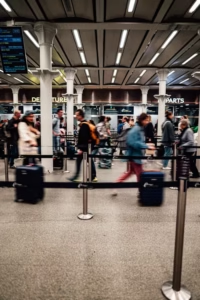
Airports are the backbone of international travel.
But on Saturday, that backbone was shaken.
A massive cyberattack at European airports brought operations to a halt.
London’s Heathrow, Brussels, Berlin, Dublin, and Cork airports all reported disruptions.
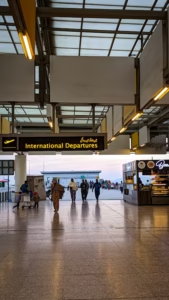
Flights were delayed, baggage systems slowed, and passengers faced long lines.
The Heart of the Problem
The attack targeted the MUSE software, developed by Collins Aerospace.
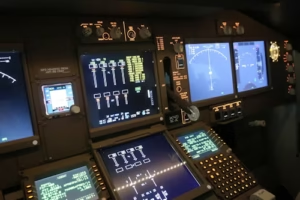
This system manages electronic check-in and baggage drop.
When it failed, airports had no choice but to rely on manual check-ins.
RTX, Collins Aerospace’s parent company, confirmed the cyber-related disruption.
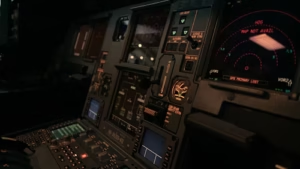
But they avoided sharing details about who or what caused the attack.
The Bigger Picture of Global Cyber Threats

This isn’t the first cyber disruption in recent months.
Earlier this year, Jaguar Land Rover stopped production due to a breach.
Healthcare, retail, and automotive industries have also been hit hard.

Cyber experts say the aviation sector is a high-risk target.
That’s because air travel relies on interconnected systems.
If one part fails, everything slows down.
Impact on Major Airports
Heathrow Airport
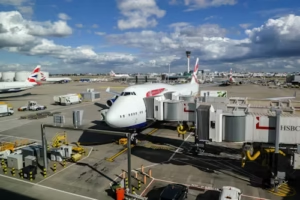
Heathrow, Europe’s busiest hub, confirmed delays and cancellations.
Passengers faced long waiting times and confusion.
Berlin and Brussels Airports
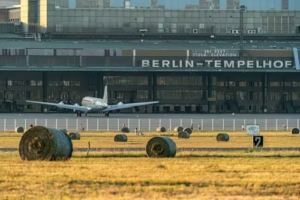
Both airports switched to manual check-ins.
But passengers reported little communication and frustrating waits.
One traveler, Kim Reisen, said:
“We were only told there was a technical issue. Online, we read it was a cyberattack. Now, we’re waiting.”
Dublin and Cork Airports
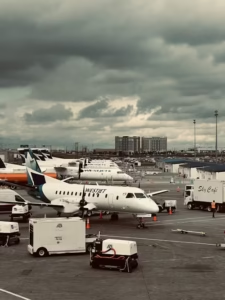
The impact was lighter in Ireland.
Still, many flights faced delays, leaving travelers annoyed.
Frankfurt Airport
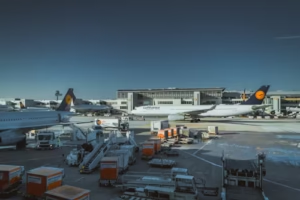
Germany’s largest airport said it was not affected.
But it monitored the situation closely in case the attack spread.
Airlines Respond to the Attack Cyberattack at European Airports
Airlines worked quickly to reassure passengers.
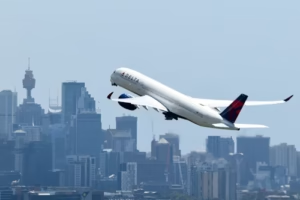
-
Delta Air Lines created a workaround to minimize delays.
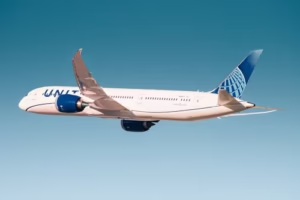
-
United Airlines faced some delays but no cancellations.
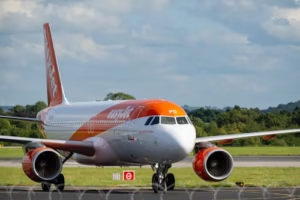
EasyJet operated normally, with no major impact.
Even so, passengers across Europe were left in long lines.
Some missed connecting flights.
Others were left in the dark with no clear updates.
Passengers Left Frustrated
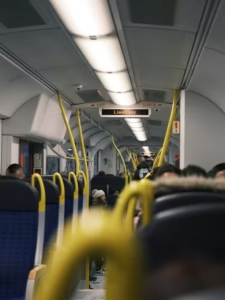
Travelers described the situation as confusing.
Some passengers waited hours without official communication.
Another traveler, Siegfried Schwarz, said:
“With all this technology, I can’t understand how airports still can’t defend against such attacks.”
The lack of information worsened the stress for travelers.
Governments and Cyber Authorities React

British transport minister Heidi Alexander said she was receiving regular updates.
Cyber defense authorities in the UK and Germany also worked with airports.
So far, no one has claimed responsibility for the attack.
But Colrolins Aespace has been a ransomware target before.

In 2023, hacker groups reportedly attacked the company, though details remain unclear.
Manual Check-In: A Weak Backup A cyberattack at European airports, including Heathrow, Berlin, and Brussels, caused delays, cancellations, and passenger frustration.
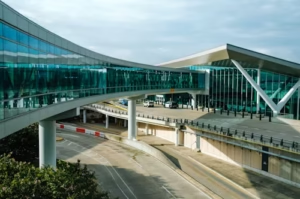
Collins Aerospace admitted the issue mostly hit electronic check-ins.
Airports reverted to manual processing.
This kept flights moving but caused huge delays.
The event highlighted how fragile modern aviation systems have become.
Expert Analysis

Cyber experts warn that this is just the beginning.
As airports grow more digital, hackers gain more entry points.
Passenger data, ticketing systems, and baggage networks are all vulnerable.
Rafe Pilling of Sophos explained:
“The attack shows how fragile the digital ecosystem in aviation really is.”
✨ My Opinion

In my opinion, this cyberattack is a serious warning sign.
Airports and airlines cannot afford to ignore cybersecurity anymore.
It’s not just about protecting data—it’s about keeping global travel running smoothly.
💡 My Suggestion
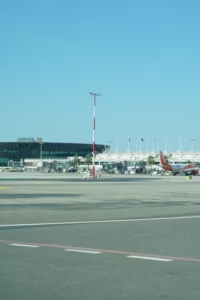
My suggestion is for passengers to always prepare for such disruptions.
Check flight status before leaving home.
Carry both digital and printed boarding passes.
And allow extra time at the airport in case systems fail.
📊 My Calculation

Based on my calculation, a 2-hour delay at five major airports could affect more than 60,000 passengers in one day.
That means thousands of missed connections, hotel costs, and financial losses for airlines.
The ripple effect of even a short cyberattack is enormous.
🧭 My Experience / My View

From my experience as a frequent traveler, I know how stressful these situations are.
Once, during a system outage, I had to wait hours at the counter for manual check-in.
That frustration feels even worse when passengers don’t receive clear updates.
In my view, airports must invest more in resilient backup systems.
Technology will always face risks, but preparation can reduce chaos.
The Future of Aviation Security

Experts believe attacks like this will happen more often.
The aviation sector must:
-
Increase cybersecurity budgets.
-
Create stronger backup systems.
-
Improve communication with passengers during crises.
Without these steps, travelers may face more chaos in the future.
Conclusion

The cyberattack at European airports was more than just a technical glitch.
It was a reminder of how fragile our aviation systems really are.
Flights were delayed.
Passengers were stranded.
Airlines struggled to respond.
But the bigger lesson is clear.
Without strong cybersecurity, the global travel industry will remain at risk.
1 thought on “Cyberattack at European Airports Sparks Flight Delays and Chaos”